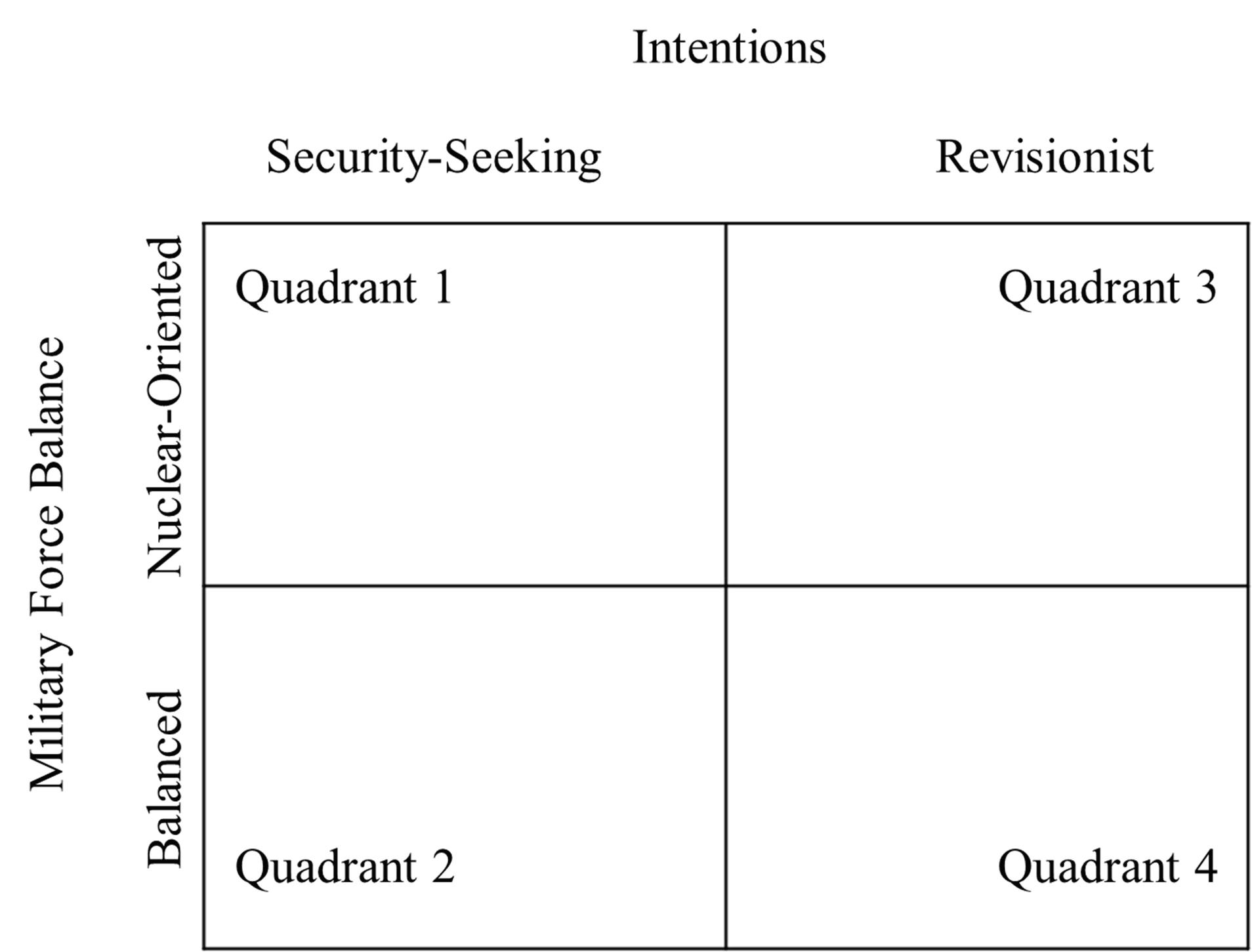Trust In Governments As A Key Factor For The Effectiveness Of Public Policies: The Coronavirus First Wave Case By Jean Vilbert Abstract According to the established literature on governance, trust in governments is a key element to determine the effectiveness of public policies. If citizens trust their government, they are more willing to cooperate with public programs and may even make personal sacrifices for the common good. With low levels of trust, however, even well-designed policies may fail due to the lack of social adherence. To test this hypothesis, this study analyzes the first wave of the coronavirus health crisis, between February and August 2020. The OLS regression performed shows a clear and statistically significant negative relationship between trust in government and both the number of cases and deaths from COVID-19. These results imply that policymakers should consider social trust when designing policies and view the nature of the relationship between civilians and the government as cooperative.
Introduction Since February 2020, when the novel coronavirus began to spread around the globe, it has been testing governments and governmental operations. The levels of coordinated action, resource mobilization, sense of unity, capacity building, and service delivery now demanded are normally associated with wartimes. Crises like the COVID-19 pandemic cast light on the core functions of public governance. As societies search for a way out of this crisis, they face two challenges: (1) choosing the best policy responses, and (2) figuring out how to both rapidly and effectively implement them. From the outset of the pandemic, governments’ different approaches, response plans, and circumstances have led to remarkably diverse outcomes across nations. The United States, Brazil, and Mexico, for example, have struggled with recurrent outbreaks and might have started responding to the pandemic a little too late. In contrast, South Korea, Taiwan, and Singapore kept a flat epidemic curve by applying prompt and effective contact tracing,1 while Norway, Finland, and Australia managed to prevent huge outbreaks altogether.2 Despite all the efforts and
40
sometimes similar policy instruments employed by differing nations, policymakers and the academic community have tried to understand why they have experienced widely varying outcomes. Beyond government responsiveness to the pandemic, other factors that may help determine why the pandemic evolved disparately across the globe consist of: existent health infrastructure, population density, socioeconomic conditions, early and effective contact tracing, medical population characteristics, institutional structure, competent leadership, underlying cultural orientation, and levels of voluntary compliance. Many factors, therefore, may jointly explain the disparities across countries, including the level of trust in the government, which has been overlooked. Trust is a characteristic of relationships among individuals, organizations and institutions that affects their interactions.3 In the relationship between citizens and their government, it is the social expectation that authorities are doing the right thing, according to each individual’s subjective perspective, and will continue to do so.4 A high level of trust tends to increase the effectiveness of government activity5 because it sparks civil compliance and voluntary adherence.6 However, crises, such as natural disasters, economic downturns, political unrest, or a pandemic in this case can put this conviction in check. Low trust in authorities during these sensitive periods may reduce citizens’ willingness to make sacrifices, which impacts the capacity of policymakers to implement successful strategies.7 For instance, people living in deprived areas, minorities, and communities of color have experienced both historical and current events of discrimination and feelings of “being left-behind,” which leads to distrust in public institutions. Members of these communities may be more reluctant to follow the recommended safety measures. A way to overcome this hurdle is to engage in partnerships with trusted organizations that are internal to these communities.8 This is especially relevant when individual sacrifices are high and the gains are not immediately evident9 – keeping social distance, staying at home, closing a business, not gathering with family and friends, to fight an invisible enemy. If the degree of trust is not sufficiently high, dissatisfaction can turn into opting out, as Albert




